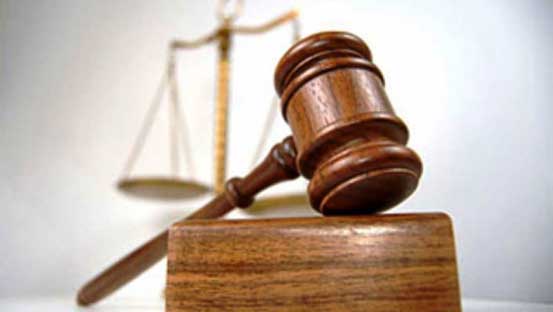×
The Standard e-Paper
Stay Informed, Even Offline


NAIROBI, KENYA: Election petition losers could collectively fork out at least Sh500 million in punitive costs awarded to the winners as the courts conclude the cases tomorrow.